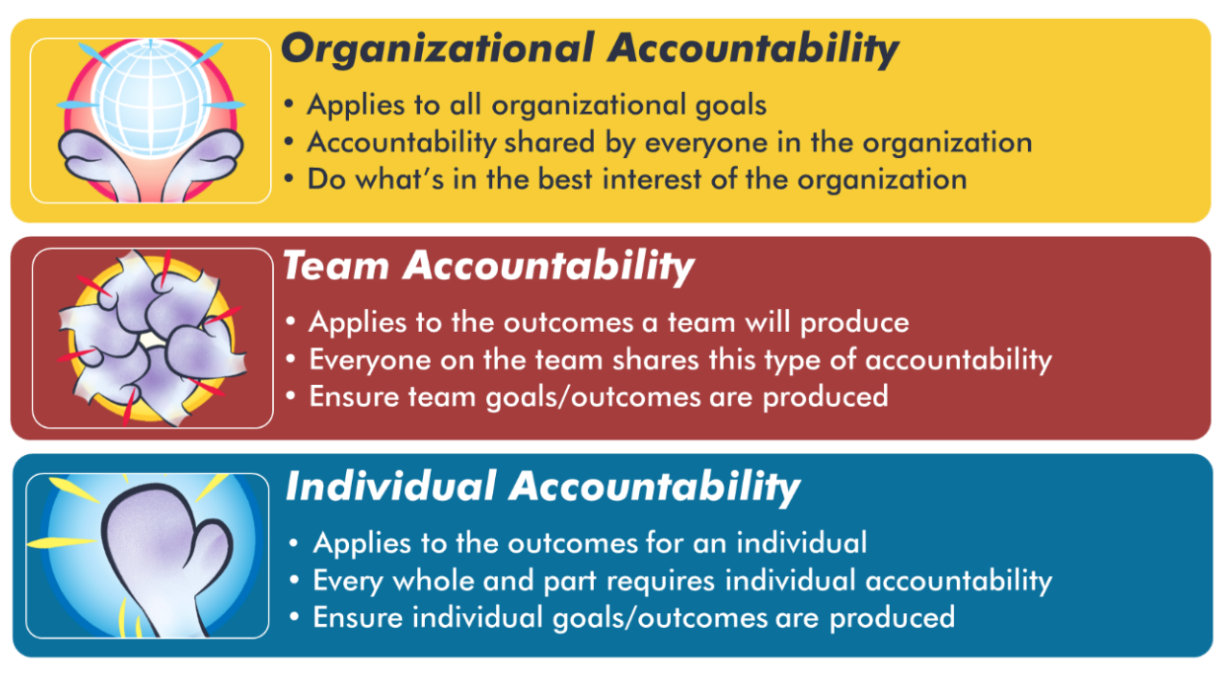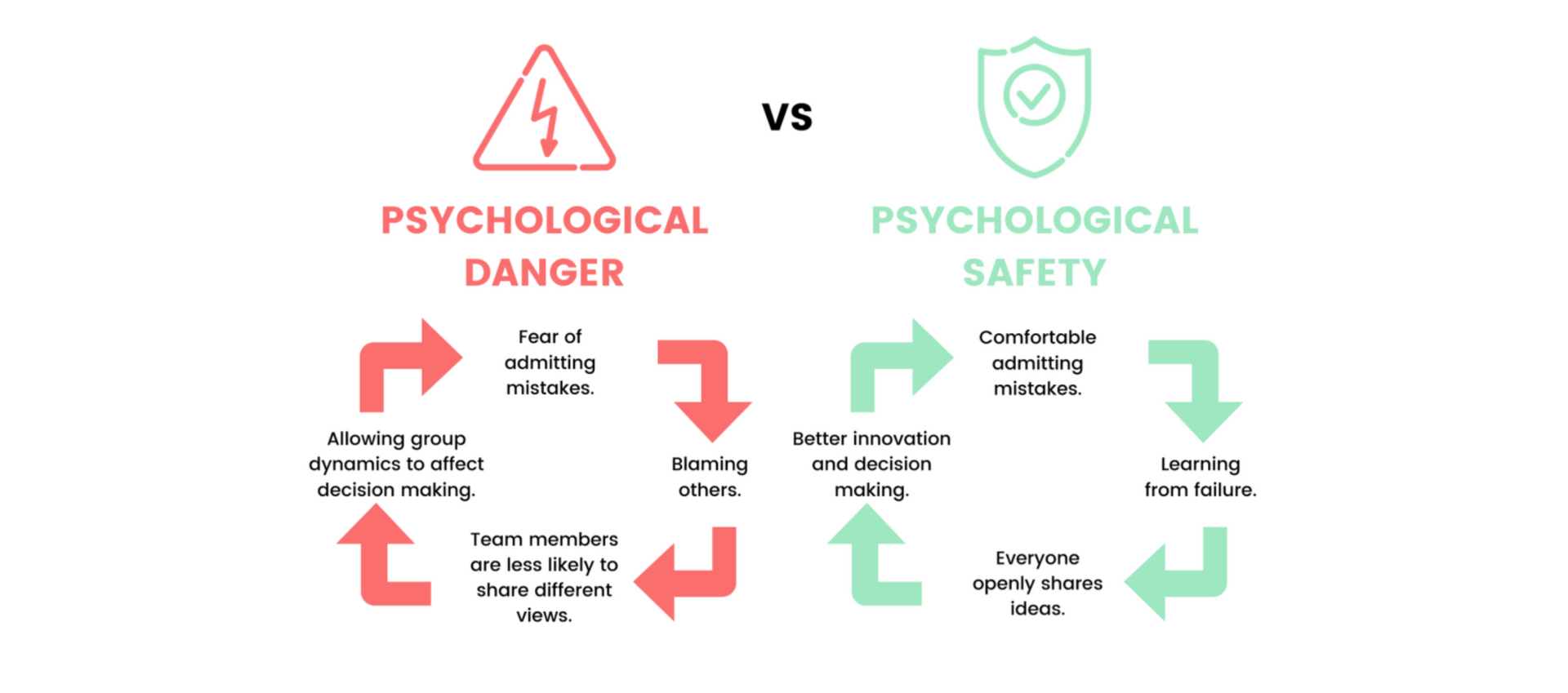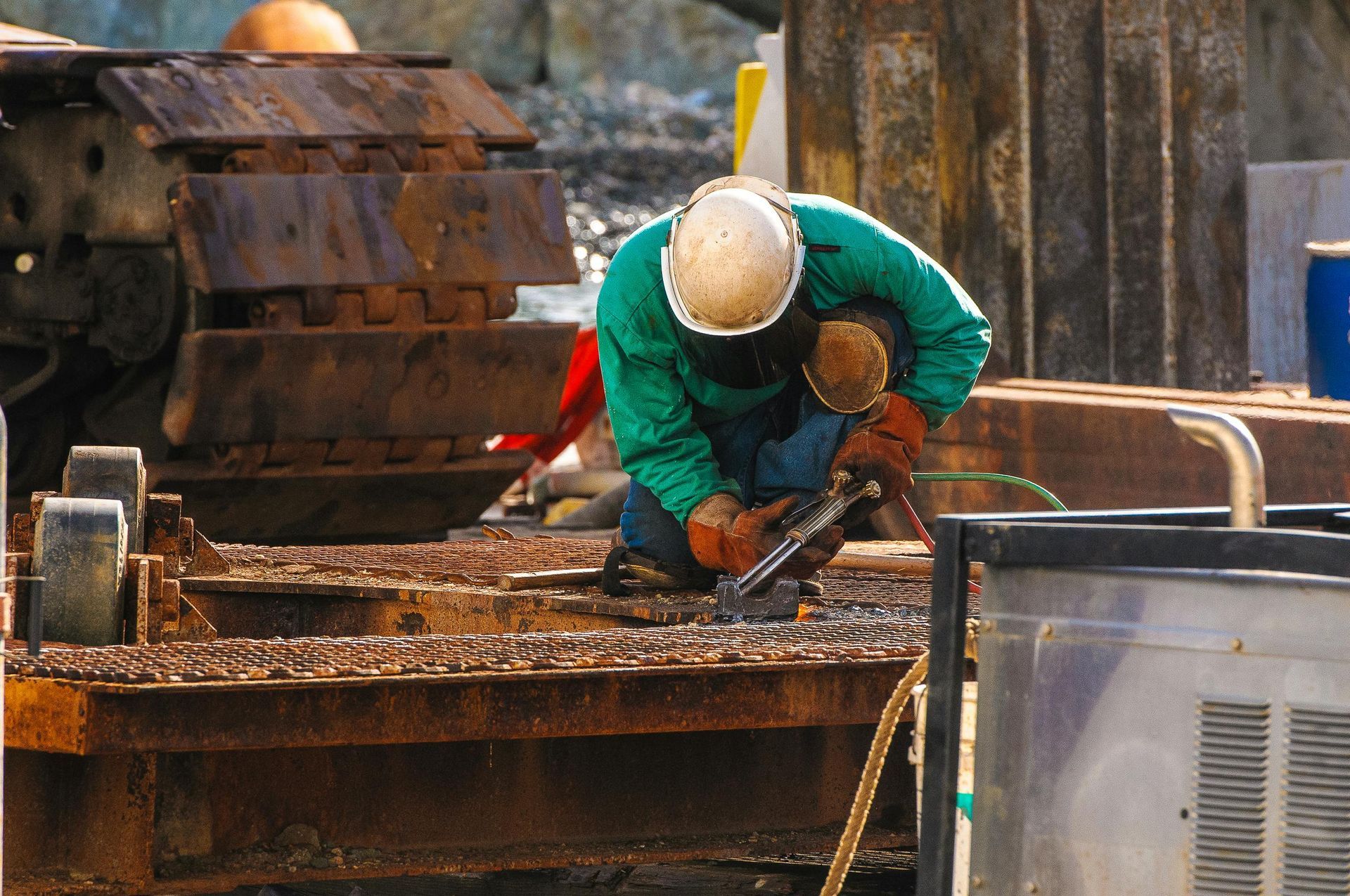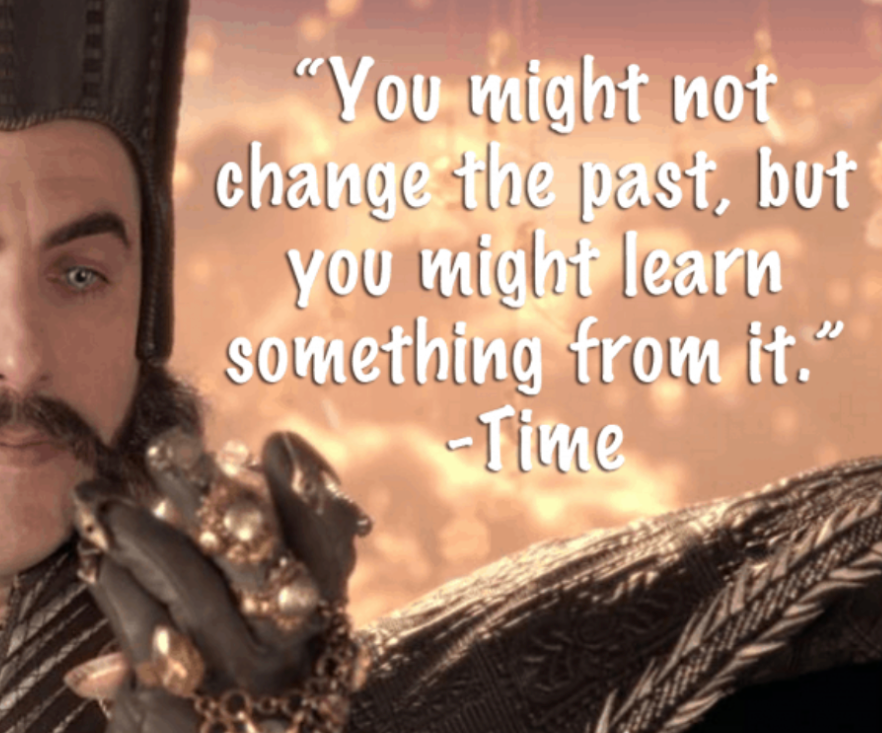Building on Solid Ground: Accountability and Trust in Construction and Leadership
In the construction industry, trust and accountability aren’t just buzzwords, they’re the bedrock that keeps projects safe, teams engaged, and businesses thriving. Yet, they’re often the first casualties when deadlines loom or communication breaks down.
Whether you’re overseeing a multi-phase, multi-million dollar build or managing a small team of tradespeople, leadership hinges on your ability to own your decisions and foster mutual respect. Let’s look at why accountability and trust matter so much in our industry and how you can strengthen both across your organization.

The Level Set
Accountability means taking ownership of your actions, decisions, and their outcomes—good or bad. It's not just about being responsible for a task; it’s about being answerable to your team, your commitments, and the bigger picture.
Rising through the ranks does not exempt you from accountability, I would argue you owe it even more so now and the best leaders and managers agree. Seniority does not mean you do not owe explanation.
- Following through on what you say you’ll do.
- Admitting mistakes without shifting blame.
- Holding yourself to the same standards you expect from others.
The High Stakes of Low Accountability
Construction is a fast-paced environment where small oversights can spiral into costly rework, missed deadlines, or even safety incidents. When leaders fail to model accountability, it creates a culture where:
- Mistakes are hidden instead of addressed
- Teams hesitate to report issues out of fear of blame
- Responsibility is deflected, leaving problems unresolved
Imagine a scenario where a site supervisor overlooks a required inspection. If nobody feels safe acknowledging the oversight, the entire schedule and safety compliance are at risk. Over time, this erodes trust between leadership and crews. When trust wears thin, loyalty and accountability are close behind.
Trust Is a Two-Way Street
Trust in leadership doesn’t happen overnight. It’s built when employees see consistency. After a recent survey with a client team, together we decided trust can be built over time with the following: (keep in mind, this is specific to that team but may apply to you as well)
- Keep commitments
- Follow through on promises
- Treat everyone fairly, regardless of role or seniority
- Willingness to admit when they’re wrong
- Upward trajectory- leadership training/promotions/raises
When trust is lacking, morale suffers. Individuals become disengaged, churn rises, and productivity drops. In an industry already grappling with skilled labor shortages, and lack of diversity and multiple voices at the table, this can be a
critical vulnerability.

Accountability Without Blame
A healthy culture of accountability isn’t about finger-pointing though, it’s about clarity, ownership, and learning.
Set Clear Expectations
Define what success looks like for every role. Whether it’s completing daily reports, adhering to safety protocols, or maintaining quality standards, clarity prevents misunderstandings.
Own Your Decisions
How can we expect accountability from others if we don’t model the behavior ourselves? When a decision doesn’t work out, model transparency:
“I made this call, and here’s what I learned. Next time, we’ll do it differently”
Encourage Open Dialogue
Create regular forums (daily huddles, toolbox talks, or project reviews) where team members can raise concerns or suggest improvements without fear of retaliation
Recognize Accountability in Others
Publicly acknowledge when employees step up, take responsibility, or proactively solve problems. (See my blog post on sponsorship & mentorship for more info on why THIS is crucial)
Trust-Building in Practice
If you want crews to trust you, show them you trust them.
- Delegate with confidence. Assign responsibility and give people the autonomy to deliver
- Be curious. Allow your team to weigh in and share their feedback- adjust your plans accordingly!
- Communicate early and often. Share the “why” behind decisions, especially during project changes or setbacks
- Invest in training and development. When employees see that you’re invested in their success, trust deepens
Leading by Example
Accountability and trust are not checkboxes—they’re daily practices. In construction, where teamwork and precision are non-negotiable, leaders who walk their talk create environments where people feel valued and motivated to give their best.
When you lead with integrity, own your actions, and foster open communication, you’re not just managing projects—you’re building a culture where teams thrive. And that’s a foundation stronger than concrete.
Ready to strengthen accountability and trust in your construction teams? Let’s talk about leadership development programs and training that can help you build a culture that lasts.
Case Study: Turning Tension into Trust on a Commercial Job Site
At a mid-sized commercial construction firm in the Northeast, a multi-million-dollar office build was falling behind schedule. Crews were frustrated, finger-pointing was getting out of hand, and the project manager was receiving daily complaints from both subcontractors and foremen onsite.
The root issue? A lack of accountability across the leadership team. Critical updates weren’t shared, missed deadlines and orders were quietly corrected without documentation, and no one felt empowered to speak up about errors. Morale hit an all-time low.
The Shift
After a particularly tense project review meeting, leadership brought in a third-party facilitator to run an accountability and trust workshop. The goals were simple:
- Reset team expectations
- Clarify communication protocols
- Rebuild relationships
They implemented weekly stand-up meetings where foremen and crew leads could openly share updates, mistakes, and needs without fear of blame. Leadership committed to transparency, owning missed steps, adjusting timelines realistically, and most importantly
involving the crew in problem-solving.
The Result
Within four weeks, the tone on the job site shifted dramatically.
Daily productivity increased. Rework dropped by about 30%. Employees reported feeling “more heard” and “less blamed”.
Trust in project leadership rose, measured through anonymous pulse surveys.
The project ultimately finished three weeks later than originally planned BUT under budget, and with a crew still intact and proud of their work.
To me? That is priceless. Most owners and teams can understand things happen and schedules shift…at the end of the day, your team being intact and proud is a huge win!
Takeaway
This example shows what can happen when accountability stops being a threat and becomes a tool for alignment. Trust didn’t come from perfection, it came from owning imperfection, fixing it together, and communicating clearly.
What project or team example can you think of where shared accountability could turn things around? Want to share it with me? I’d love to hear about it!
If you need on-site project support or team accountability training,
contact me to see how we can get back on track!










